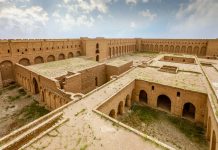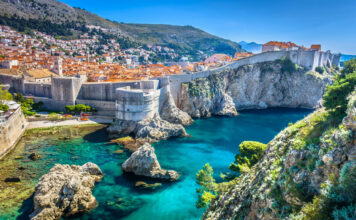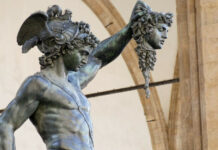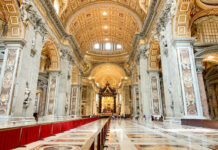Birthplace of Democracy
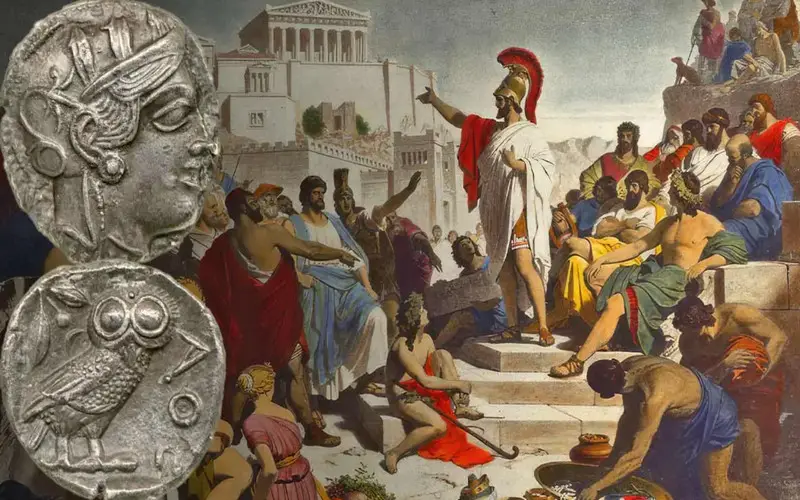
At the heart of Athens lies the birthplace of democracy. The word “democracy” itself finds its roots in ancient Greek, with “demos” meaning “people” and “kratos” meaning “power.” The Athenian democracy, established in the 5th century BC, marked a revolutionary shift in governance, where eligible citizens could participate in decision-making, laying the foundations for modern democratic systems.
Mount Olympus: Home of the Gods

Mount Olympus, the highest mountain in Greece, is not merely a physical marvel but also a mythical one. In ancient Greek mythology, Olympus was regarded as the dwelling place of the twelve Olympian gods, including Zeus, Hera, and Athena. The Greeks believed that this majestic mountain, towering over the Thessalian plain, was the seat of divine power.
Invention of the Alphabet
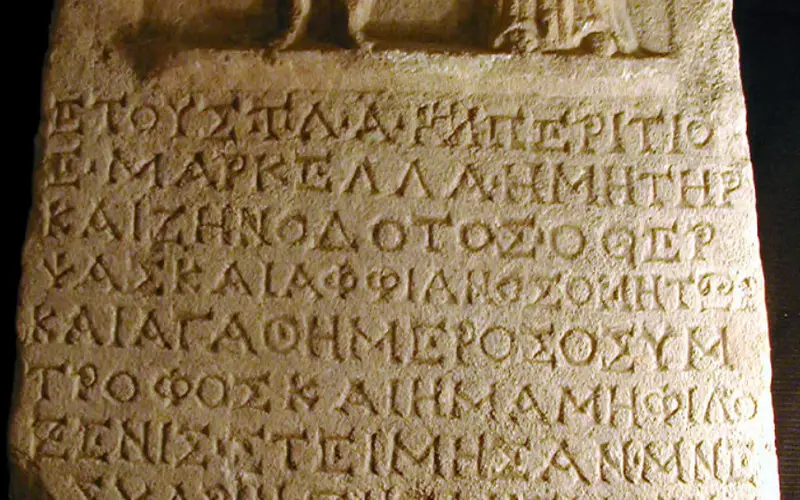
The Greek alphabet, which forms the basis for many modern writing systems, was a revolutionary development in the evolution of written language. It originated around the 8th century BC in the city of Cumae in Italy, adapted from the Phoenician alphabet. The Greek alphabet became the foundation for the Latin, Cyrillic, and many other writing systems used across the globe today.
The Marathon Origin Story
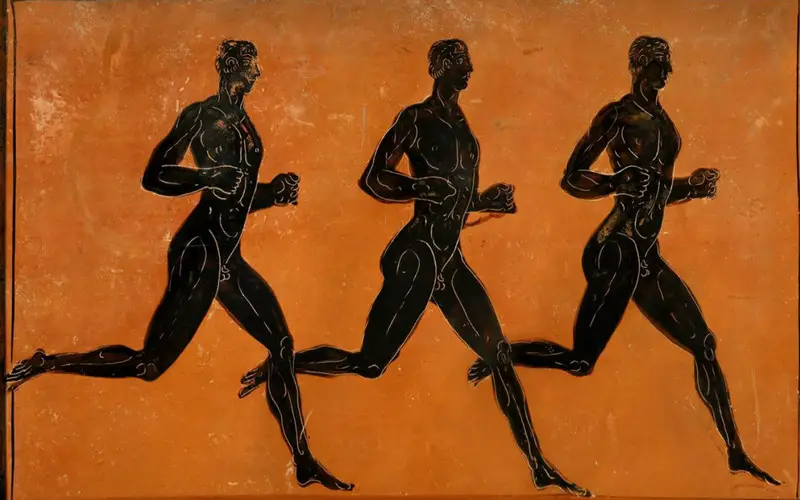
The marathon, a staple in modern-day athletics, traces its roots back to ancient Greece. Legend has it that a Greek soldier named Pheidippides ran from the Battle of Marathon to Athens in 490 BC to announce the victory over the Persians. The distance of approximately 26.2 miles (42.195 kilometers) mirrors the length of Pheidippides’ historic run and has since become the standard distance for marathon races.
The Parthenon’s Optical Illusions

The Parthenon, the iconic temple atop the Acropolis in Athens, is not just a marvel of architecture but also a testament to ancient Greek ingenuity. The columns of the Parthenon are subtly curved and inclined to create an optical illusion. Known as entasis, this architectural technique compensates for the optical distortion that occurs when viewing the columns from a distance, giving the Parthenon a sense of perfection to the human eye.
The Island-Hopping Kingdom
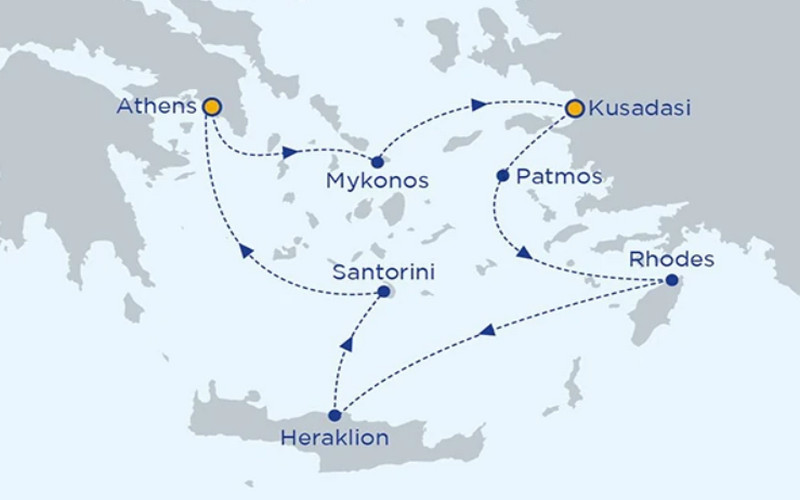
Greece boasts an astounding number of islands, with estimates ranging from 1,200 to 6,000, depending on the size criterion. Of these, around 200 are inhabited, each offering a unique blend of history, culture, and natural beauty. The largest Greek island, Crete, is not only a treasure trove of ancient ruins but also renowned for its diverse landscapes, including stunning beaches, mountains, and fertile plains.
Olive Oil Heritage

Greece is synonymous with olive oil, and for good reason. The country is one of the world’s leading producers of this liquid gold. The olive tree holds a special place in Greek culture and history, symbolizing peace, wisdom, and prosperity. Olive oil has been a staple in Greek cuisine for thousands of years and continues to play a vital role in the Mediterranean diet.






